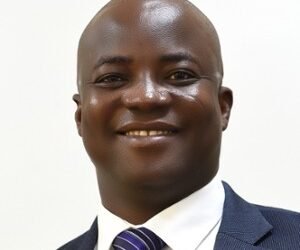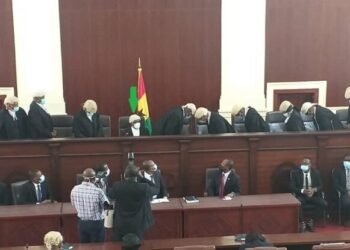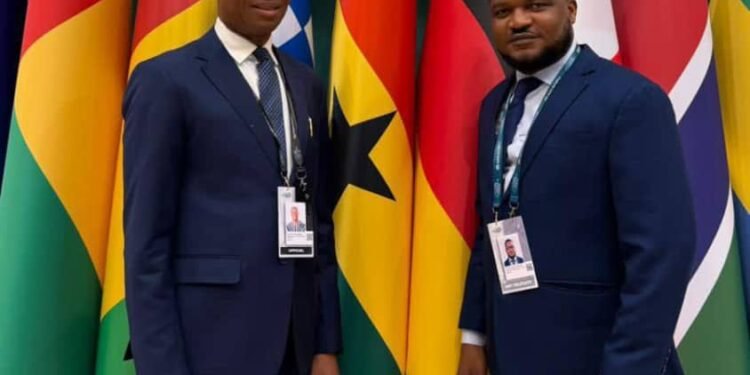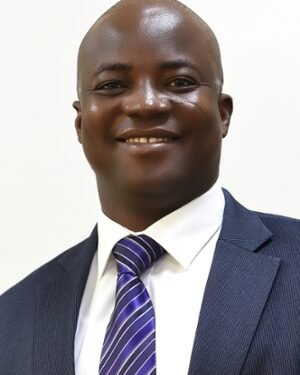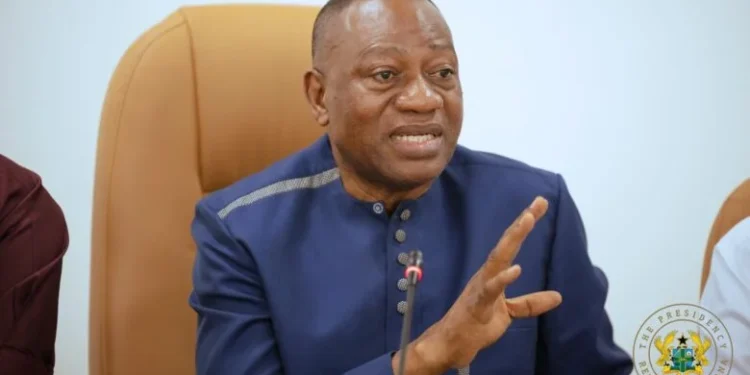Award-winning journalist Erastus Asare Donkor has issued a grave warning about the irreversible health and environmental consequences of illegal mining, or galamsey, in Ghana.
Drawing from years of frontline investigative reporting, Donkor described the phenomenon not merely as a threat to the environment, but as an existential danger directly harming children, unborn babies, and entire communities across the country.
“What we are fighting is killing us,” he declared, referencing firsthand reports from medical professionals who are witnessing increasing cases of mercury poisoning and unexplained childhood cancers in galamsey-prone areas.
Despite the dangers associated with his exposés, Donkor insists his work is driven by conviction and divine protection. He has become one of Ghana’s most consistent voices against galamsey, risking his life to expose its harmful impacts on health and ecology.
“There’s nobody on this earth who is not scared of something but when you’re doing something that benefits millions of people and generations unborn, it definitely gives you the needed courage to do it”
Erastus Asare Donkor, Investigative Journalist
He further emphasised that he “trusts in Jehovah to protect” him and give him the kind of confidence he needs for his line of work.
“And of course, I have not done any wrong – If I have offended you, it is rightly so in the interest of the public,” he said, expressing his belief that he doesn’t think anyone would want to hurt him.
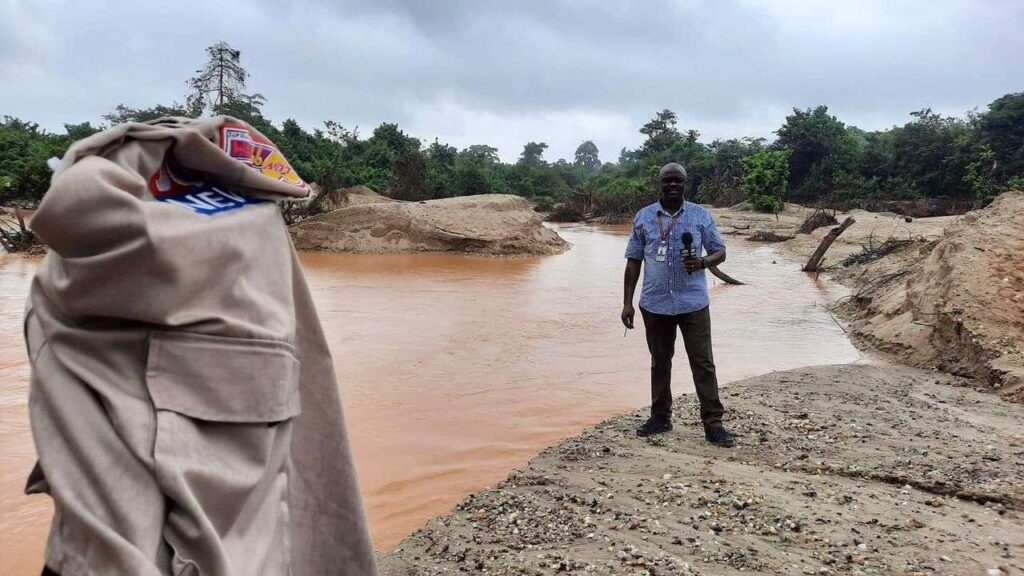
Alarming Evidence
Donkor pointed to alarming medical reports that show the direct impact of galamsey on public health. He referenced a recent FDA and Pediatric Society conference where medical professionals shared shocking revelations about children currently hospitalized with “mercury-infected blood.”
“Lots of mercury in their blood. Where did they get exposed to mercury? This is coming from illegal mining”
Erastus Asare Donkor, Investigative Journalist
He also described disturbing findings from autopsies of deceased pregnant women.
“This is something that a pathologist has really gone into and has been able to find arsenic, mercury, cyanide in the placenta of a woman who has died with a baby. It is telling you that galamsey is meeting us everywhere, every step along the way”
Erastus Asare Donkor, Investigative Journalist
Food Chain Contamination
Beyond individual health cases, Donkor warned of widespread contamination of the country’s food chain and water sources.
He cited his personal data, supported by research from the Council for Scientific and Industrial Research (CSIR), showing dangerously high levels of toxic metals in rivers and crops.
“We’ve tested the free-flowing rivers across the country; I have the data sitting in my room. We’ve found high levels, sometimes 200%, 300% of arsenic, cadmium, chromium, lead, mercury”
Erastus Asare Donkor, Investigative Journalist

According to Donkor, the findings by a number of CSIR research, which indicates “poisonous heavy metals” in soils where the country grows food crops, confirm that galamsey is no longer a distant issue. It is affecting all Ghanaians regardless of location or class.
“We are not talking about something that is affecting somebody. This is our life, our space on earth”
Erastus Asare Donkor, Investigative Journalist
Call for Urgency
Donkor’s findings raise fresh urgency for the state to act decisively on the galamsey issue. While authorities have pledged renewed commitment to fighting illegal mining, the scale and depth of contamination highlighted by Donkor suggests that Ghana may be running out of time.
“It is like being in the middle of the sea with a small canoe. If you give up, you die. But if you gather courage and you paddle, with hope that you will find land, definitely, you will get somewhere”
Erastus Asare Donkor, Investigative Journalist
Donkor used this stark metaphor to highlight the need for daily persistent action from all stakeholders to make meaningful headway in the fight against galamsey.
For Donkor, the battle against galamsey is not just about enforcement, it is about preserving Ghana’s future. He remains hopeful but insists that real solutions must be urgent, scientific, and people-centered.
“I have always kept hope alive, even in the worst parts of this fight. We have to keep hope alive because what we are fighting is not for anybody, it is for ourselves. Our lives depend on it”
Erastus Asare Donkor, Investigative Journalist




